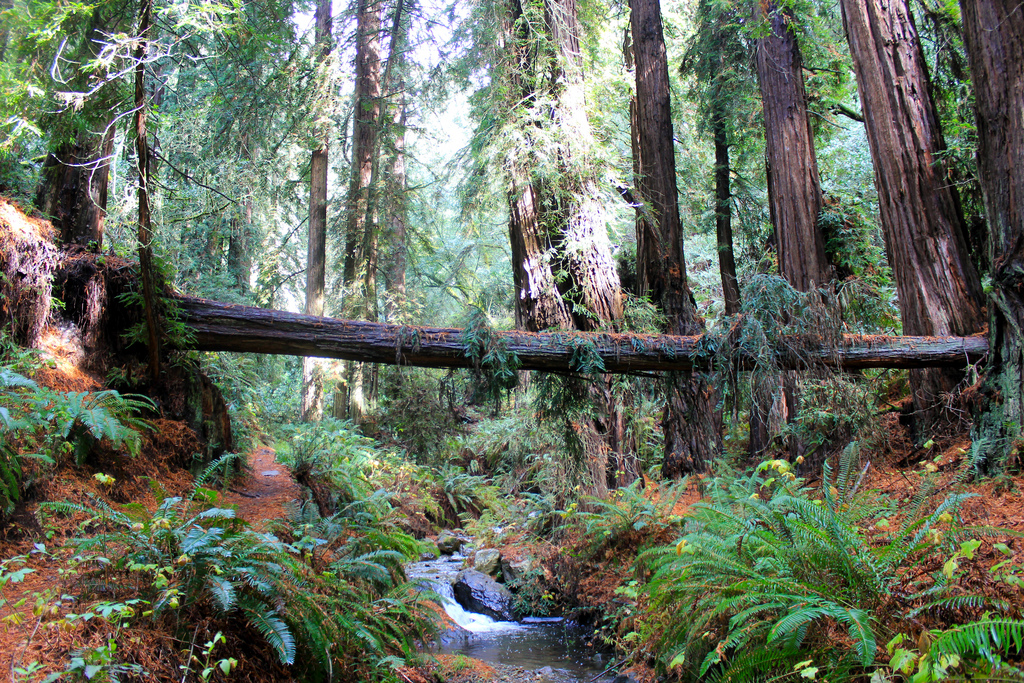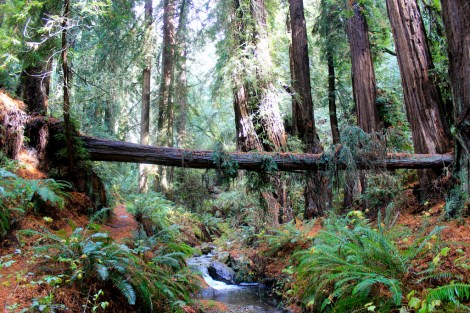Trees! Everyone loves trees. They soak up carbon, make stuff pretty, and have been shown to keep crime down in cities. It’s pretty clear our fates are tied to the trees’. Sooo, what happens when they all die? Uhh, so do we.
Millions of ash trees in the Eastern and Midwestern U.S. are being chomped to bits by a beetle called the emerald ash borer. But those beetles aren’t just hurting trees. From Discovery:
[I]n the neighborhoods hit by the beetle that kills ash trees, researchers noticed a stark rise in human mortality from cardiovascular and lower respiratory disease: there were 15,000 more deaths from cardiovascular disease, or 16.7 additional deaths per year per 100,000 adults, and 6,000 more deaths from lower respiratory disease than in unaffected areas, or 6.8 additional deaths per year per 100,000 adults.
Research forester Geoffrey Donovan, who headed up the study, said that tree death is tied to human death across places with very different demographics and other living conditions.
Our biggest, oldest trees are dying out worldwide, presenting problems not just for the animals that live in them, but the animals that live near them, who also like to breathe clean air. (You know, us.)
Pretty sure the Lorax would say: “I speak for the trees, for they have no tongues. But if they did they’d say ohhh god.”




